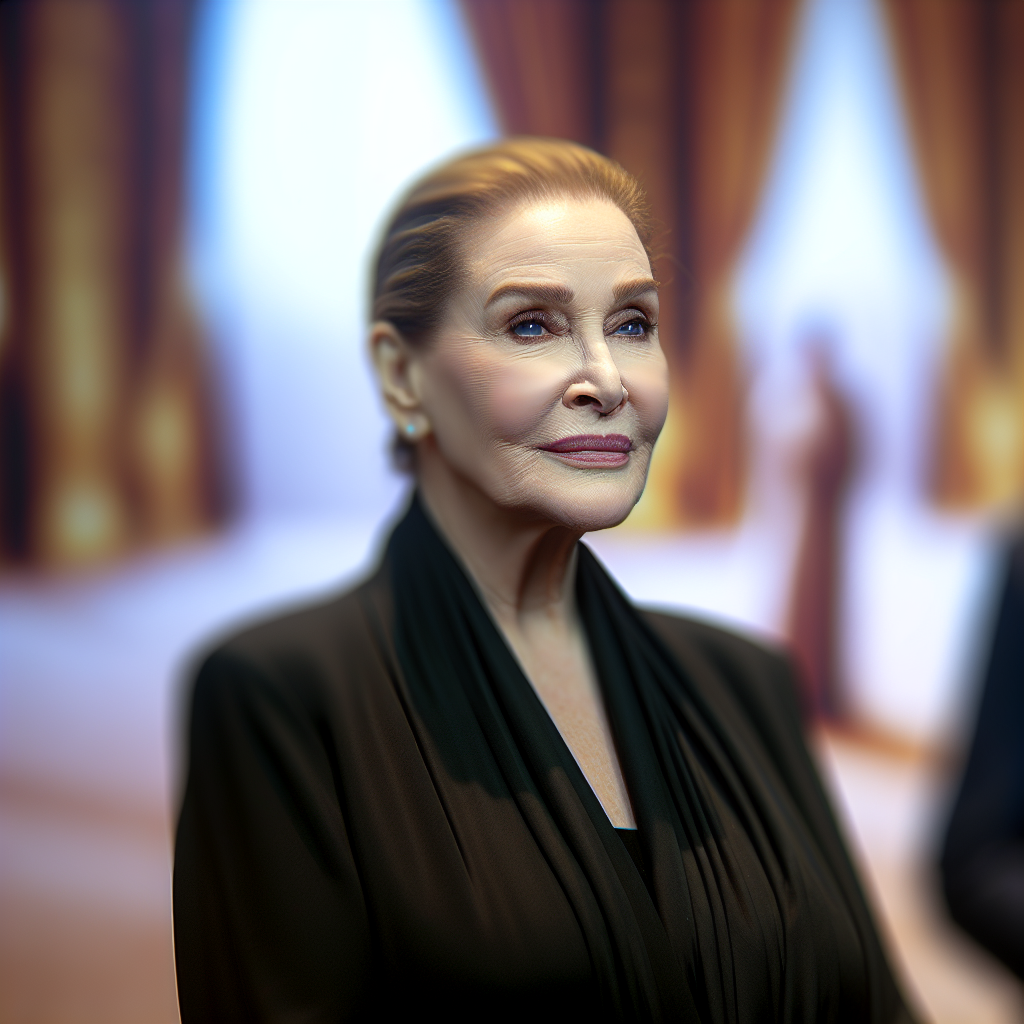
Ashley Judd is a multifaceted figure in Hollywood and beyond, renowned as an accomplished actress, passionate activist, and member of a famous musical family. Born into the Judd dynasty, she has carved out a successful career in film and television while championing global humanitarian causes. This article delves into her early life, illustrious acting journey, and impactful advocacy work, highlighting her resilience and contributions to society.
Early Life and Family Roots
Ashley Judd, born Ashley Tyler Ciminella on April 19, 1968, in Granada Hills, Los Angeles, grew up amidst a blend of artistic influence and personal challenges. As the daughter of country music icon Naomi Judd and marketing analyst Michael Charles Ciminella, and half-sister to singer Wynonna Judd, her family life was steeped in the performing arts. Following her parents’ divorce in 1972, Judd moved with her mother to Kentucky, attending 13 different schools before college, which instilled in her a sense of adaptability and resilience. She pursued higher education at the University of Kentucky, majoring in French with minors in anthropology, art history, theater, and women’s studies, even studying abroad in France. This diverse academic background not only honed her intellectual curiosity but also prepared her for a career that would intersect art, culture, and global issues. Judd’s Sicilian-Italian heritage on her father’s side and descent from Mayflower pilgrim William Brewster added layers to her identity, influencing her worldview and later activism.
Rise in Acting Career
Building on her solid educational foundation, Ashley Judd transitioned to Hollywood, studying acting at Playhouse West while working as a hostess. Her breakthrough came in 1991 with a guest role as Ensign Robin Lefler on Star Trek: The Next Generation, followed by a recurring part on the NBC series Sisters. Judd’s film debut in 1992’s Kuffs was modest, but her starring role in 1993’s Ruby in Paradise earned critical acclaim and the Sundance Grand Jury Prize, portraying a young woman seeking independence—a theme that resonated deeply with her own life experiences. This success led to roles in high-profile films like Smoke (1995) and Heat (1995), where she showcased her versatility opposite stars like Harvey Keitel and Val Kilmer. Over three decades, Judd has appeared in over 30 films, including thrillers like Double Jeopardy (1999) and dramas such as Frida (2002), often choosing parts that explore complex female characters and social issues, reflecting her commitment to meaningful storytelling.
Activism and Global Impact
Transitioning from her acting accolades, Ashley Judd has emerged as a formidable activist, channeling her platform into humanitarian efforts. Deeply involved in global health and women’s rights, she serves as a Goodwill Ambassador for the United Nations Population Fund (UNFPA), advocating for reproductive health and gender equality in regions like sub-Saharan Africa and Southeast Asia. Judd’s personal experiences, including her public disclosure of childhood sexual abuse and struggles with depression, have fueled her work with organizations like Population Services International and the International Center for Research on Women. In 2017, she was among the first to speak out in the #MeToo movement, accusing Harvey Weinstein of harassment, which amplified discussions on sexual misconduct in Hollywood. Her political activism includes campaigning for Democratic causes and exploring a Senate run in 2013, demonstrating how her early resilience and career visibility have empowered her to drive systemic change worldwide.
In summary, Ashley Judd’s journey from a turbulent childhood in a musical family to a celebrated actress and influential activist exemplifies perseverance and purpose. Her roles in iconic films and dedication to humanitarian causes have left an indelible mark on entertainment and global advocacy. Readers are encouraged to explore her work further, recognizing how personal stories can inspire broader societal progress and empathy.